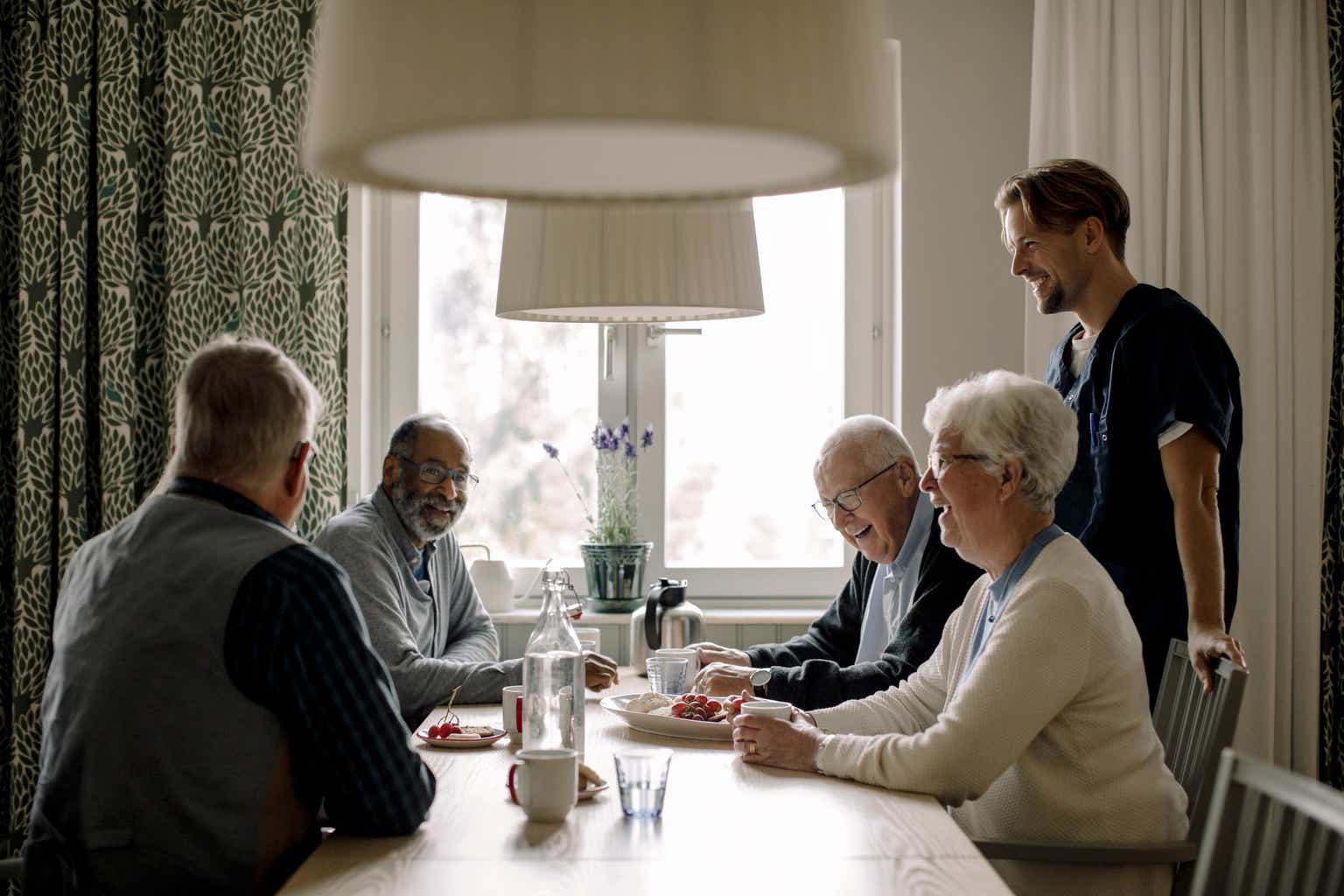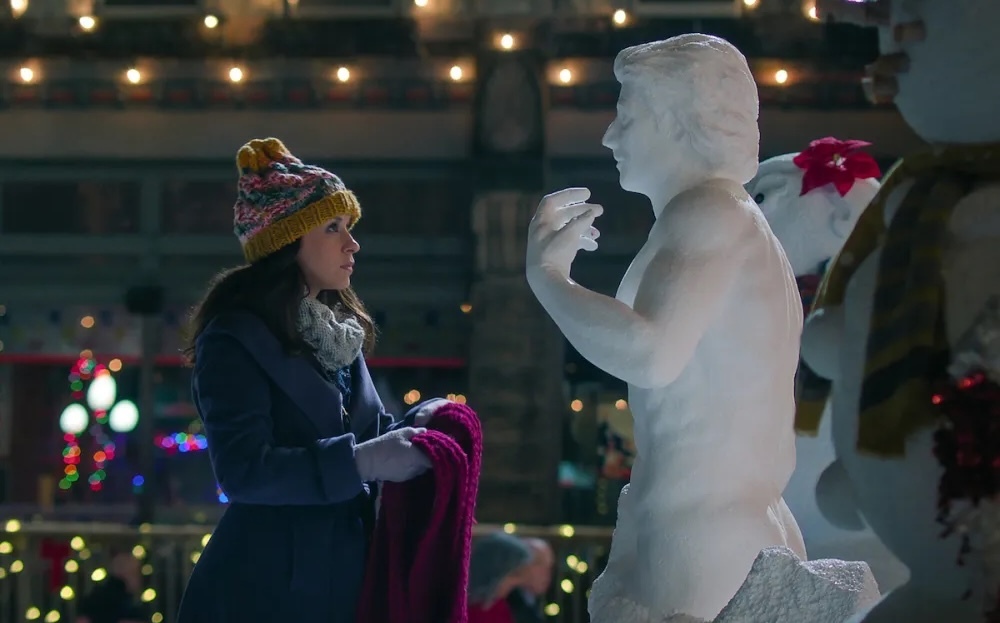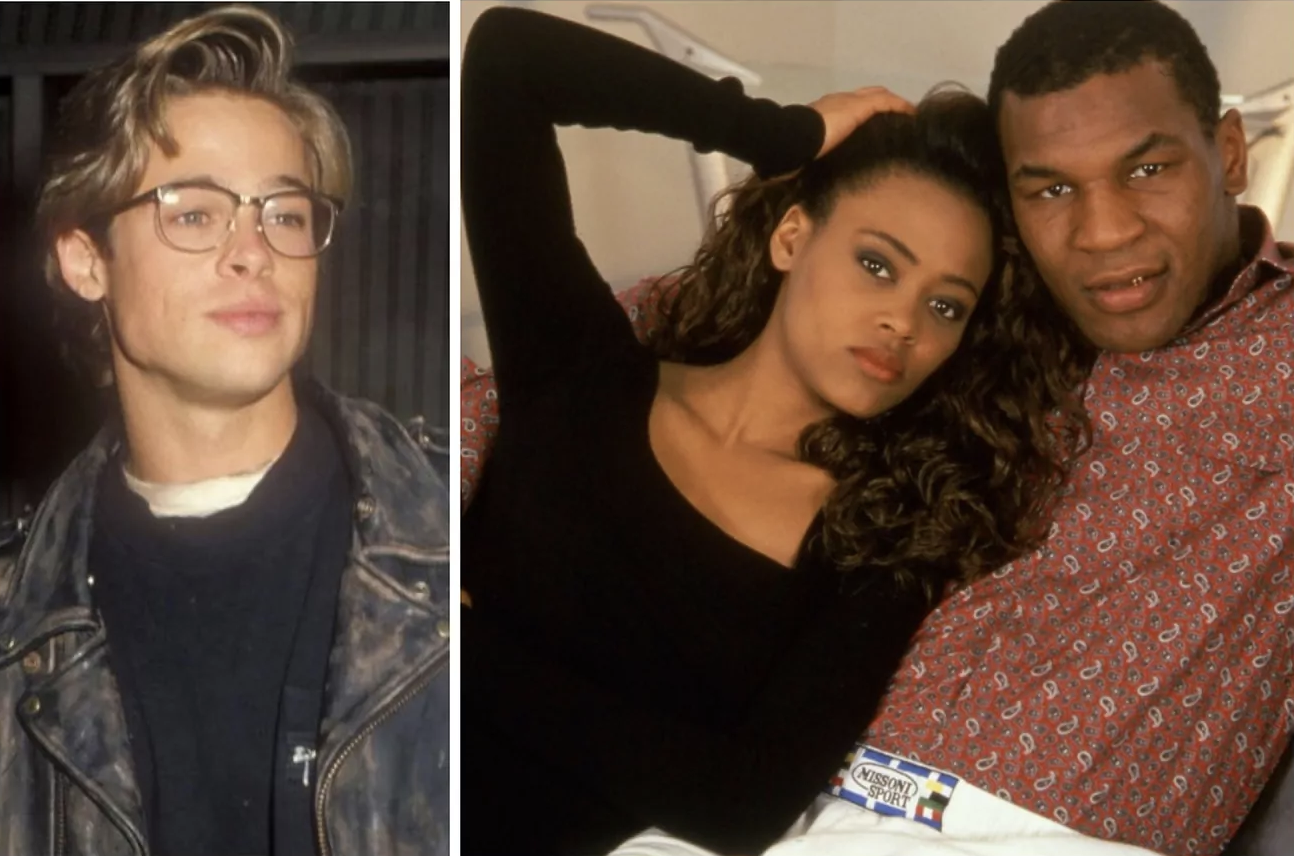When the Canadian playwright Jordan Tannahill moved to London in 2016, it was the week after the EU referendum. “For my partner at the time, who was British, it was a devastating kind of discombobulation,” Tannahill says. “It shattered not just his conception of his country, but his job prospects. And there was such tension within his family around Brexit – seeing how it drove a wedge between them was really quite stark.”
Tannahill and his partner were living in a flat by London City Airport, where the planes taking off would create “this low, reverberant sound that was just ever present”. The writer was also starting to chafe against the confines of his relationship. “I had so many desires: I wanted to be out all night dancing with others in this kind of libidinal state of release at a rave.” He also had an urge to explore London’s fetish scene. “I think Claire’s journey is one that mirrored my own,” Tannahill says. “She’s seeking the collective ecstatic.”
Claire is the lead character of The Listeners, the novel Tannahill wrote while he was going through these transitional experiences, and which was published in 2021. It’s now a four-part BBC drama starring Rebecca Hall, adapted by Tannahill and directed by Janicza Bravo, who made the acclaimed film Zola. The series has been produced by Element Pictures, who had a hit with Normal People. And like the Sally Rooney adaptation, which launched Paul Mescal, the cast of The Listeners contains a striking young Irish actor in 20-year-old Ollie West. “He’s a real star,” Tannahill says. “And Rebecca delivers such a bravura performance – she’s in essentially every frame of the series, so it’s an unrelenting task for her. But she really digs deep.”
The Listeners tells the story of a middle-aged English teacher who starts to hear a mysterious hum that is inaudible to her husband and daughter – but one of her students, Kyle (played by West), divulges that he can hear it too. The pair embark on a transgressive relationship that gets Claire fired and puts her family life under severe pressure – which in turn draws her closer to a small community of people who can also hear the hum. But, of course, they are not quite what they seem.
With the power of a fable and the verve of a thriller, The Listeners skilfully explores some of the defining themes of our age: the contested nature of truth; the way women are often disbelieved when they talk about their own bodies; the way wellness culture and new age spiritualism can shade into eco-fascism and the anti-vax movement; the search for community and a sense of meaning in an atomised society; and the overwhelming human need to feel that one is being heard and understood.
“Claire and Kyle are two unlikely interlocutors who find each other,” Tannahill says. The pair are not sexually involved (“I didn’t want them to commit a crime together”), but their relationship certainly comes, as Tannahill says, “to the cusp of what is permissible”. The discomfiting nature of their bond is emphasised by the casting: despite an age gap of more than 20 years, Claire and Kyle look strangely alike.
The Listeners was inspired by a real-life incident in Windsor, Ontario, where some residents reported hearing a low vibration that was giving them nosebleeds and insomnia, but to which most locals were oblivious. Even after the noise was traced to a blast furnace in a steel plant, which was then decommissioned, some continued to complain that they could hear it.
“What I loved about the story is that it spoke to the nature of shared belief,” says Tannahill, 36, who is talking while suffering from a bout of Covid in his New York apartment, a few days after his marriage to actor Brandon Flynn. “How do we create consensus around what is our shared reality? Truth has been such a contested landscape in our interpersonal lives, but also in our broader social and political spheres. Do you remember that summer when people in Britain were setting 5G masts on fire? And we can point to America for the ways in which the rise of QAnon and other conspiracies have not just infected the political discourse, but caused rifts between husbands and wives, parents and children.”
Although the novel was set in the US, the BBC wanted the TV version to be set in Britain, and after Bravo and Tannahill spent time visiting potential locations in the north of England, it was shot on the outskirts of Manchester. “We wanted a neighbourhood that abutted against wilderness, a threshold space between that which is civilised and that which is untamed,” Tannahill says. “And there are these visual indicators of human intervention within that landscape like pylons and wind turbines, which could be sources of the hum.” In haunting scenes, Claire and Kyle puzzle about the hum at what Mancunians will recognise is the observatory Jodrell Bank, or abandon themselves to sonic ecstasy on the moors. Nonetheless, The Listeners keeps its setting ambiguous. “We wanted it to exist on the plane of a parable, maybe not dissimilar from Todd Haynes’s film Safe, where it’s a deeply specific suburb but it could be in any number of cities.”
The Listeners is the nearest Tannahill has come to the mainstream – “I love the rigour and, of course, the legacy of the BBC,” he says. He has spent his career in the avant garde, inspired by people such as the film-maker Derek Jarman and dancer Michael Clark: “Hail the New Puritan, his film with Charles Atlas, was such a formative creative experience.”
He grew up in Ottawa in a religious household, started writing plays in his teens and, after going to film school in Toronto, set up a leftfield art space in the city called Videofag with his ex-partner. His plays began to be staged in larger theatres in Canada and in Europe; when he moved to London, the revered British playwright Caryl Churchill wrote a letter to support his visa application.
In the UK, Tannahill worked on two pieces with the choreographer Akram Khan, and directed a virtual reality work about the death of a parent, Draw Me Close, with London’s National Theatre and the National Film Board of Canada; the Guardian’s Xan Brooks described it as “unsettling and moving in about equal measure” when it debuted at the Venice film festival.
Tannahill was also fulfilling his long-suppressed desire for “queer kinship and experimentation and pleasure” at London raves such as Adonis and Inferno, as well as on the fetish scene – pictures on his Instagram from the time show him in Lycra wrestling singlets, a puppy mask or entirely encased in rubber.
In the pandemic, however, “all my theatre work came to a grinding halt and I had no income at all”. So Tannahill decided to put his kinks to work. “I was doing fetish sex work with, at times, very high-paying clients,” he says. “People like CEOs of large companies or junior ministers of the Tory party – people who are often living very closeted lives.” Through fetish, he says, “you’re seeking this sublimation of the self, which in some ways Claire also seeks in The Listeners, this almost spiritual reckoning that fetish can offer. So I was doing a lot of pup transformations of clients and gimp play. It’s a craft – it really drew on my narrative skills. So much of it is storytelling and mutual make believe. And that was how I sustained myself for three years.”
Unlike public figures of the past whose sexuality made them vulnerable to tabloid exposure, Tannahill doesn’t believe in hiding his kinks away. “My sexual expression of self and my artistic expression of self are completely intertwined,” he says. “To live shamelessly is how I want to be in the world.”
His next project is a punchily titled theatre work called Prince Faggot, which he describes as “an ensemble of queer and trans performers which imagines a scenario in which the future heir of the British throne comes out as a gay man”. It will be produced by his friend Jeremy O Harris, the writer of Slave Play, and “it seems very, very likely that it will star a Brit of note”. It doesn’t sound like a prime candidate for a BBC adaptation, but Tannahill is unfazed. “I really want to pursue my curiosity, not my ambition,” he says. “I’m just really trying to stay true to the stories that get under my skin.”
Certainly, The Listeners will prove hard to top – as well as a novel and a TV show, it also exists as an opera, by composer Missy Mazzoli, who adapted it from Tannahill’s original 10-page outline of the story. “I had very little to do with it, I didn’t go to a single rehearsal, and when I went to the premiere in Oslo I was completely blown away,” he says. “The curtain raised and there was a whole streetscape extending to the horizon, and 40 people on stage singing with a full orchestra. I was like, wow, the story that was in my head is now on the same stage as Aida or Rigoletto. It’s operating on the scale of myth.”
The Listeners starts on BBC One on Tuesday at 9pm.
















